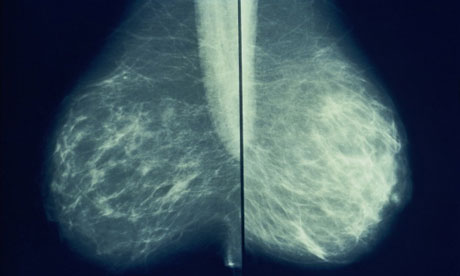
Can you be confident that your GP will refer you to a cancer specialist if you need to see one? Not always, according to figures from the National Cancer Intelligence Network. In an analysis of more than one million patients, it found a threefold variation in how often GPs referred patients to cancer specialists.
While 1,000 GP practices referred more than 2,550 people per 100,000 to cancer specialists, the lowest 1,000 GP referrers sent 830 patients per 100,000. The study also looked at the conversion rate – the percentage of people who saw specialists and were diagnosed with cancer. The national average was 11% but this varied widely: in Hammersmith and Fulham, in London, only 2% of those referred were found to have cancer compared with 15.6% in Hertfordshire. Cancer Research UK says that if survival rates in Britain matched the European average, between 6,000 to 7,000 fewer people would die every year. The charity says this is partly because too many are diagnosed late.
If you've been brave enough to go to the GP with symptoms that might be due to cancer, how can you be sure that if you need a referral, you'll get one?
The solution
No one knows the right number of patients who should be referred to cancer specialists. In fact, the link between earlier diagnosis of cancer and better survival rates is not as clear as you might think. But there is some evidence, such as with breast cancer, that a three-month delay or more in treatment is associated with a lower survival rate.
Some of the variation in GP referrals can be explained by how common cancers are on their patch; referrals are higher in areas with higher rates of cancer, such as the north west of England. But they are also higher in better-off areas, where patients will insist on seeing a specialist.
Many symptoms of cancer are the same as less serious conditions. GPs may struggle with picking up some cancers with vague symptoms, such as pancreatic and ovarian. A paper earlier this year in Lancet Oncology found that a quarter of patients needed to visit their GP at least three times before being sent to a specialist.
There are national guidelines to help GPs know which patients to refer based on research findings. If you are worried that you have symptoms that could point to cancer, you should try to find the guideline that applies to your symptoms. The National Institute for Health and Clinical Excellence has them written up for patients at nice.org.

